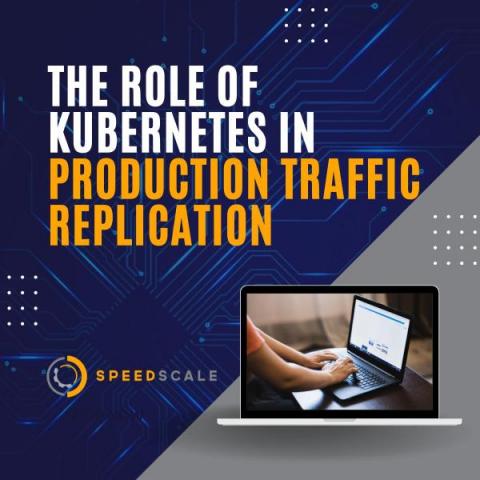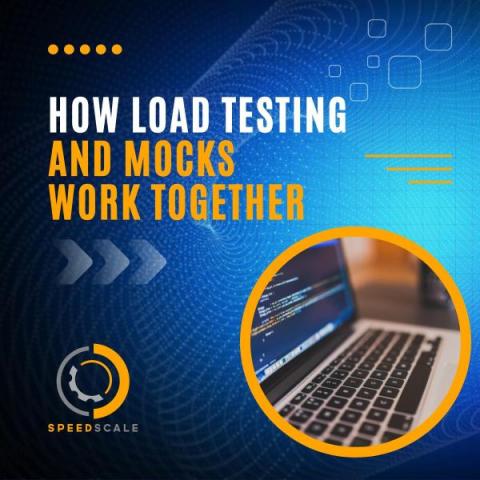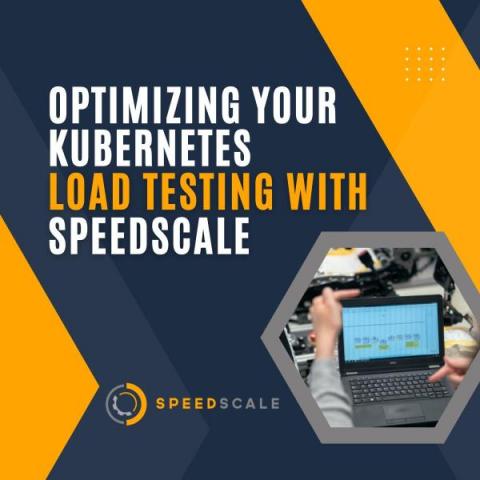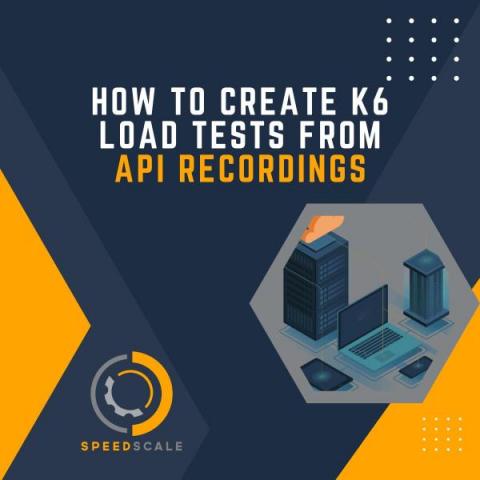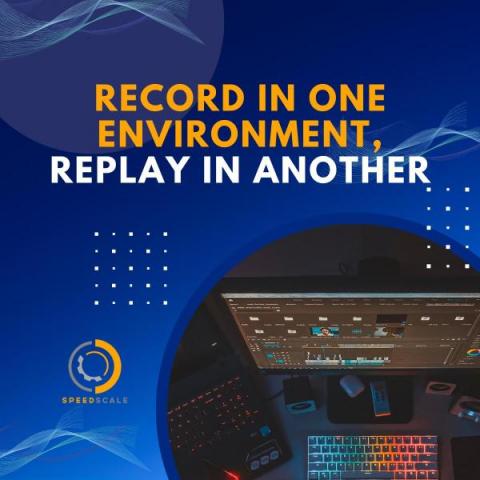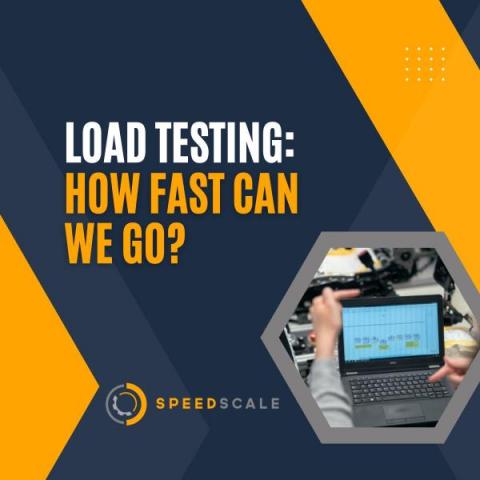Sponsored Post
The Role of Kubernetes in Production Traffic Replication
Organizations are starting to realize that simply writing tests to generate traffic is simply not good enough. Rather, production traffic replication is now necessary, where you record traffic from your production environment and then replay it in your development environment. To match the modern principles of this testing methodology, it makes sense to also utilize modern infrastructure, like Kubernetes. Some benefits of using Kubernetes for production traffic replication are the ability to: Additionally, load generators are ephemeral. These reasons-and a few more besides-will be covered later in this post, but let's first take a deeper look at what production traffic replication is.


